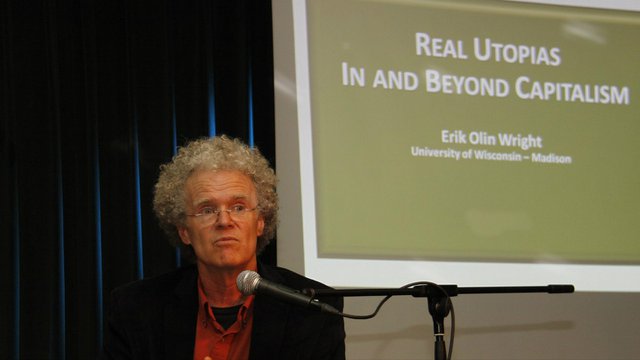As I approach the conclusion of seven years of blogging
under the moniker of Possibilitator, it is clear that my production has dropped
precipitously. It has been clear since early this year that my ability to read
and write at the earlier level is diminished. So as I looked back recently at some of those posts I was surprised at the numbers. If I actually publish this one it would
be the 269th blog over that time, but only the 4th this
year. The blogs have been viewed nearly 100,000 times by lord only knows whom,
maybe Russian bots.


It was interesting to read the initial post that gave the blog its name – Possibilitator. In reading it this past week I can still say I am happy with what I proposed to do seven years ago. I was not dogmatic in always following the ideal expressed in that post, but largely I did. The hope has been to share some ideas of others that I encounter along the way that resonated with me at the time, and that I judged were of high enough quality to suggest they might be worth your time. Almost nothing I have referred to in this blog have been best sellers, or voices you might hear on broadcast tv, or read in local or national newspapers.
What it shows me is that all over the world, there are many
people thinking and acting to more clearly understand the world we share and to try
to make it better, not just for themselves, but for everyone. Obviously, they
don’t all propose the same analysis or solutions, but the intention is obvious
and encouraging. In essence they share a view of possibilities. Nothing
promised or guaranteed. Since my current reading is greatly reduced in amount
and depth, there has been less to share. Pulling something out of that which I
read has become a challenge, one that I am not winning. But there is at least one
title recently that I would like to make more visible to others.
It was the last book authored by noted sociologist Erik Olin
Wright, who passed away in January after a short battle with cancer. He had
visions of a bigger book, but what he has packed into this short (less than 150
pages) tome is both insightful, cogent, and lovingly shared. In reading a few
of the obituaries and memorials to him it affirms the tone of his book is one he
lived.
How to Be an Anti-Capitalist in the 21st Century was meant to be a book
in two parts as he describes in the preface.
“I
wanted to write something that would be engaging to any reader interested in
thinking about these issues. But I also
found it difficult to write about new arguments and themes without the usual
academic practices of entering into debates with alternative views,
documenting the sources of various ideas that contributed to my analysis, using
footnotes to counter various objections that I knew some readers might have,
and so on. My problem was basically that I was writing for two different
audiences: people who would be interested in the issues but not the traditional
academic elaborations, and readers who would feel the book was not
intellectually rigorous without those elaborations.” (pp. xi-xii)
The cancer interfered with those plans, but luckily for us
he managed to complete part one - for a general audience.In it, Wright lays out an analysis of the failures of
capitalism and provides possible approaches to address them. He lays out four
theses as summarized succinctly in the afterword written by Michael Burawoy. “First,
another world is possible; second, it could improve conditions of human
flourishing for most people; third, elements of this world are already being
created; and finally, there are ways to move from here to there.” (p. 154)
I won’t try to summarize the many good points in this remarkably
cogent and erudite book. You should read it for yourself. Ask your library to
order it. But Wright directs us throughout the work to consider three essential
cluster of values in both critiquing capitalism and in forming alternatives –
Equality/Fairness
Democracy/Freedom
Community/Solidarity
I have a growing realization that it’s at this basic level
that our deeper conversations must go to move ahead as a single family on a
finite planet. Wright helps us consider those fundamental values and their
different meanings to different folks. Spending some time with him and his
ideas through the pages of this book is a good tonic, regardless of where one
sits on the political spectrum. His tone is a compassionate one, not an angry
one. It makes it an easier read. That he dedicated his last days on earth to
offer these ideas to us is quite a gift we should treasure and share. Hopefully
a couple of readers of this blog will find their way to it and be glad they
did.




No comments:
Post a Comment